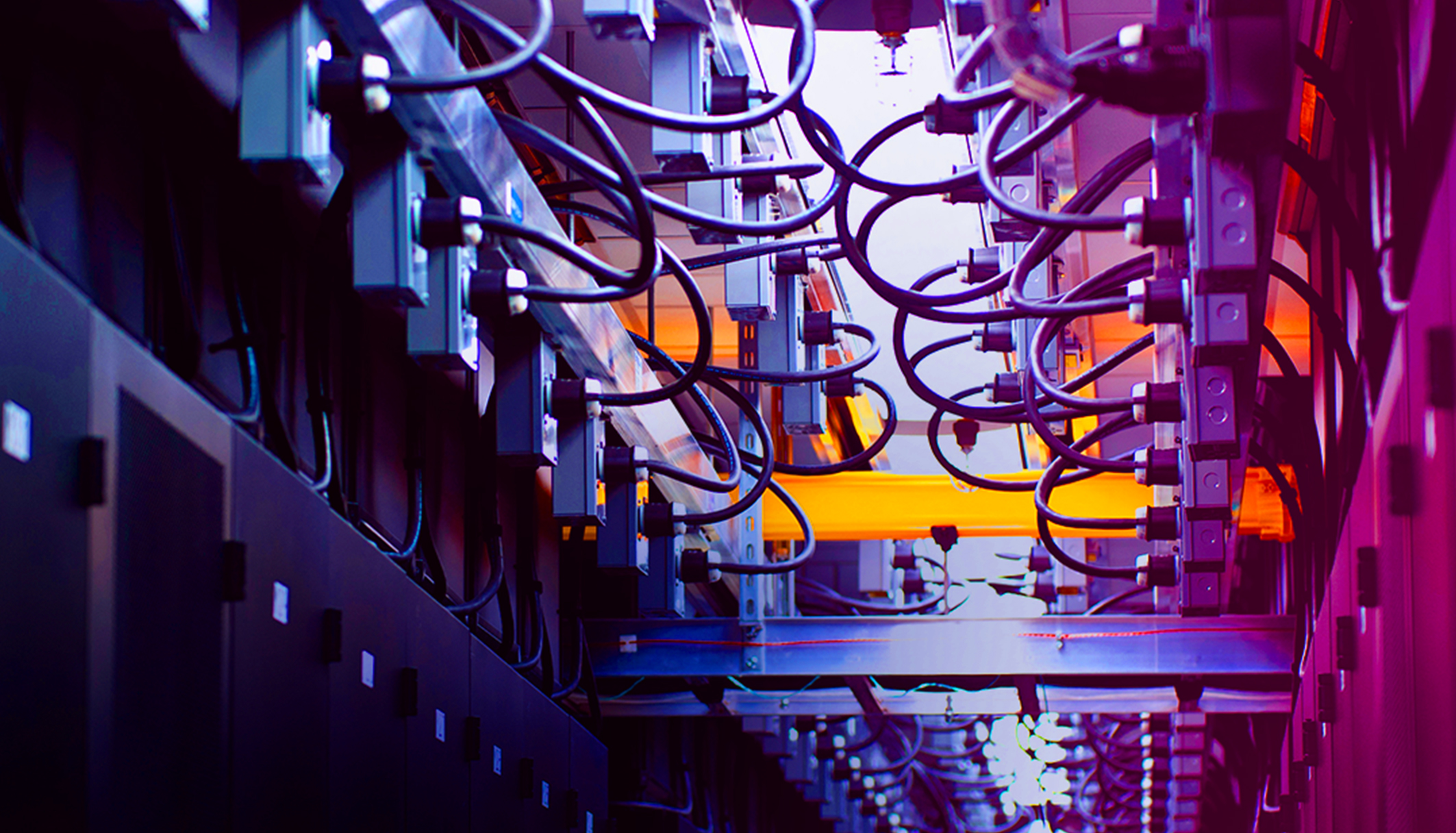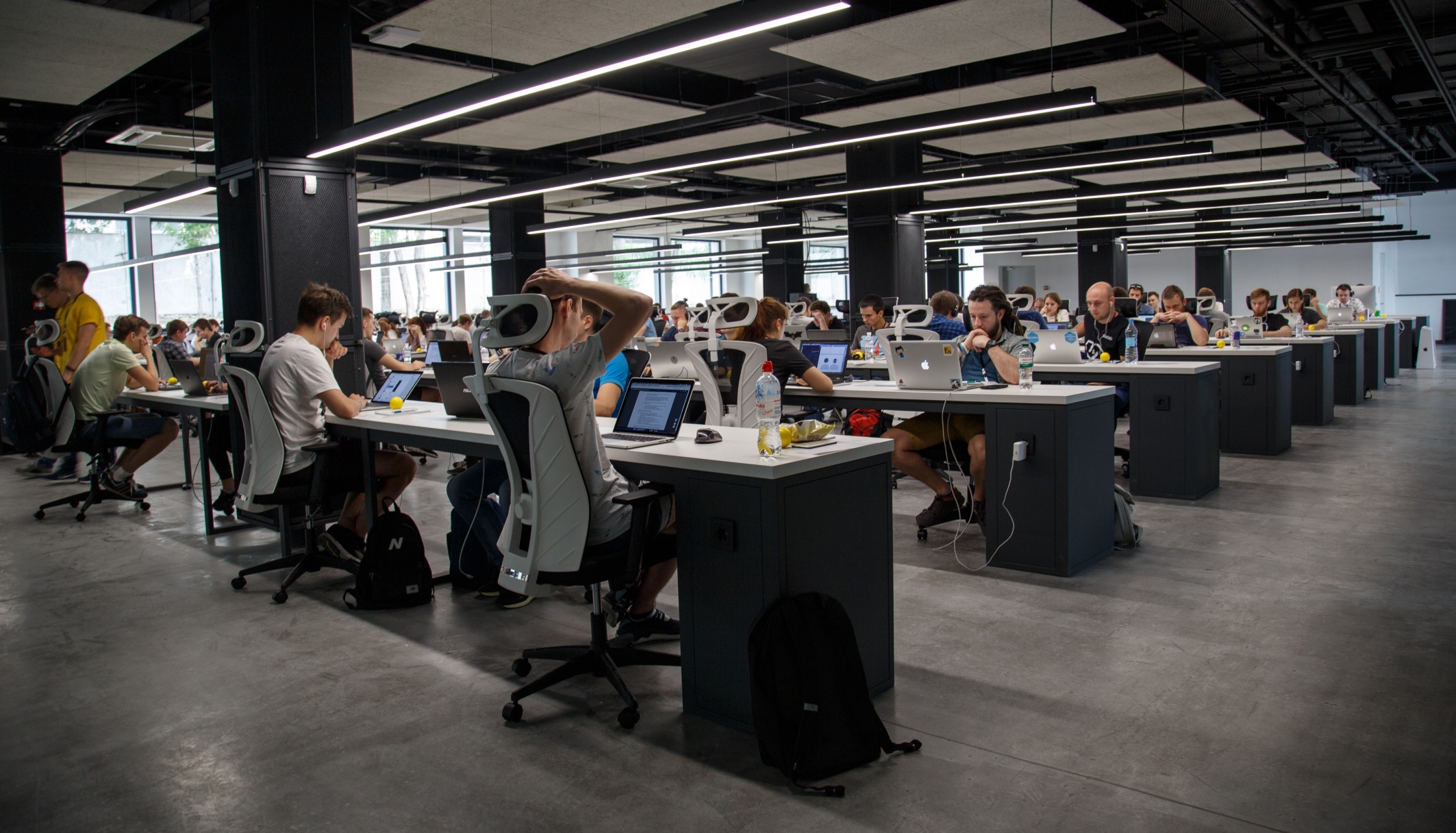Where will your office be?
Where will you locate?
New headquarters or subsidiary?
If you’re setting up a new HQ, you’ll be sourcing most functions in your business. In that case, you should consider the talent pool of geography, as well as the local ecosystem. For example, New York City is central to finance, media and fashion, while cutting edge AI technical talent is more prevalent in Silicon Valley. If setting up a subsidiary you should think about operational costs as well as talent needs.
Do you have a firm grasp on the costs and regulatory burden of the new location?
Unlike European geographies where businesses are subject to just national regulations, the US gives its states autonomy to regulate businesses on a local basis. It is key to have experienced local counsel to evaluate the different regulatory requirements of across different states.
Many Europeans are unaware of the fact that Americans regulate on a federal, estate, county and, in many instances, city level: in many places, you need a specific address to know exactly what your regulatory burden will be, especially in regard to employment law.
Americans regulate on a federal, estate, county and, in many instances, city level
“We had several ideas to locate satellite offices on both coasts, then realized we were just stretching ourselves too much. We chose NYC given our business is travel related and hotel clients are based here, as well as being East-side for easy traveling to and from our European bases in London and Berlin. In the end, we had a co-working space in Oakland on the west coast, but we decided to embrace work-from-home culture here and it’s allowed us access to talent from across the country without the infrastructure requirements of many satellite offices.” Rob Day, Secret Escapes
Are you aware of state/government sponsored support for your business in different geographies?
While the regulatory complexity is a downside of operating in a decentralized system such as the United States, one of its benefits is that states find themselves in competition for investment and have an incentive to attract businesses to their geographies. Many states operate incentive plans to support new businesses, including grants for job creation, training, and facility improvement.
You should research the jurisdiction’s local economic development agency – in the US, every state and major city has one.
Key factors to consider in location rankings
The table below provides a starting range of possible categories and decision weights in assessing the competitiveness of various locations. Use it as a starting point to your evaluation, but adapt it to the needs and priorities of your operation, according to your answers to questions such as:
• What are the new location’s objectives?
• Which functions will be at the new location?
• Is there a time zone that supports/complements our existing work?
• How valuable is proximity to our strategic partners?
• Which infrastructure does the new location need? (i.e. proximity to airports, dedicated and secure servers, utility load, etc.)
• What is the profile of talent we’ll need?
• What are the work-visa requirements for secondments / foreign nationals?
• What is the available level of government / state sponsored support?
• What are the salary and benefits expectations of talent in the proposed location?
• How robust is the local infrastructure for employees? (i.e. cost of housing, education, public transport, cultural options etc.)
For a summary table on the criteria and metrics to consider when choosing a location for your business and an overview of average rental costs across various metropolitan areas across the US, download the Question the Questions report below and check out pages 73-74.
Do you need capital
One of the common drivers when considering where to set up a new operation will be your ability to access capital as you scale your business. Does that mean you have to head for Silicon Valley or New York to be as close to the capital as possible? Do US VCs prefer to work with startups that they can engage with face to face on a regular basis? While most venture capital flows to dense and dynamic innovation centers, usually large global cities, an increasing array of US metro areas is seeing rising numbers of investments.
If your startup is compelling enough, your office location will not be a deal breaker for investors, and when it comes to the West Coast in particular, our default position would be to encourage you to look elsewhere as the Bay Area could cripple your budget.
VC Funds are investing in areas outside of Silicon Valley and New York City:
VCs are investing beyond their back yard
For data on US investors “local loyalty” when it comes to the geography of their investments by stage and role, download the Question the Questions report below and check out page 75.
VC Funds are increasingly setting up outside of Silicon Valley and New York City:
While VCs in the Bay Area and in New York City raised $17.98bn and $2.24bn in 2017 respectively, over 100 VC funds not headquartered in either metro area have raised a fund of $100m or more in the last 5 years.
For detailed data on funds raised by US VCs, and the # and volume of deals those investors have made across various US metropolitan areas over the last 10 years, download the Question the Questions report below and check out pages 76-83.
Which other US metro areas are worth exploring?
There are many options for subsidiary operations across the United States. Hubs such as Chicago, Seattle, Austin, Denver, San Diego, Portland, Atlanta, Minneapolis or Miami among others offer strong talent and infrastructure. A number of Canadian cities also merit a close look, including Toronto and Vancouver, two vibrant technology hubs north of the US border.
Some notable areas:
Texas / New Orleans
Austin and Dallas are the major tech hubs in this region, which also boasts smaller clusters in Houston, San Antonio and New Orleans. UK tech companies in Austin: BrainLabs Digital, BYND, Austin Fraser, Safeguard World, GCS Recruitment, Beamery.
Information on the Texas Cities |Information on New Orleans
San Diego
San Diego is currently ranked 4th in the nation for start-up activity by the US Chamber of Commerce (behind Boston, Silicon Valley, and New York) and is ranked in the top-ten for venture capital investment. A quarter of San Diego’s GDP comes from the “innovation economy” – knowledge intensive industries that lend themselves nicely to start-up activity. Ecosystem includes: Qualcomm Ventures, UCSD Office of Commercialization & Innovation, JLABS (Johnson & Johnson life science incubator), San Diego Airport Innovation Incubator, San Diego Venture Group (800 members), TechCoast Angels (largest Angel network in the US). Notable homegrown companies: Classy, Measurabl, Raken.
Portland / Wider Oregon
Oregon has an established computer (semiconductor) and electronics sector, led by Intel and Mentor Graphics, which have significant presences there. Software is emerging / established; leading home-grown lights include: PuppetLabs, Cloudability, Elemental Technologies, Jama Software, Janrain, Jive, Act-On, Simple, Viewpoint, and investments from Salesforce, AirBnB, Amazon, McAfee, Mozilla. The Portland high-tech industry continues to grow, with high-tech employee hiring reaching a 12-year high in 2018. Software investments have grown almost 50% in the past 10 years. The region is very cost competitive with the Bay Area and Seattle.
Tech Association of Oregon’s Techlandia overview | Greater Portland
The Research Triangle
The region of Raleigh/Durham/Chapel Hill in North Carolina is anchored by three major research universities: North Carolina State University, Duke University and University of North Carolina at Chapel Hill. This “Research Triangle” is a thriving Tech hub, home to Red Hat, Inc. and SAS Institute. In 2017, North Carolina start-ups raised more than $1 billion in funding.
Greater Washington DC Area
The Washington DC, northern Virginia and central Maryland area encompasses large clusters in Cyber Security, Life Sciences, Big Data, and Analytics. This Information, Communication, and Technology (ICT) cluster was originally fostered by the founding of internet portal pioneer AOL. Maryland’s Montgomery County gave $100,000 of direct incentives to attract cybersecurity startups, and Arlington, VA has enhanced its High Tech Zone Incentive Program to provide tech firms with a broader range of tax incentives.
Pittsburgh
Pittsburgh is a booming tech cluster for Artificial Intelligence and Robotics, anchored by outposts of Google, Uber (autonomous vehicle test bed), Apple, Facebook, Philips, and the National Robotics Engineering Center. Notable home-grown companies include Duolingo, Argo AI ($1bil investment by Ford), and Petuum Inc. ($93mil Series B). Growth is supported by Carnegie Mellon University, University of Pittsburgh, InnovatePGH, and the Pittsburgh Technology Council. Alphalab is a software accelerator providing access to funds and an immersive 4-month training program.
Philadelphia
Philadelphia is strong in biotech, digital health, edtech, & SaaS. Its ecosystem is supported by StartupPHL, Philly Startup Leaders, Ben Franklin Technology Partners, PACT, University of Pennsylvania, Temple, & Drexel University. Healthcare investments represented nearly 80 percent of the $529.6 million in deal value that Philadelphia saw in 2017. The largest raise in 2017 was that of biotech company Complexa, Inc ($63mil series C).
More information on notable startups
“ Location is a challenging one – Boston, Austin, New York and San Francisco are so competitive that availability comes at a price; you should look at whether the state is helping with resources, and if you are not familiar with the market, go get people who are.” Paul Roscoe, Docent Health

A special thank you to the UK Department of International Trade (DIT) (https://www.gov.uk/government/organisations/department-for-internationaltrade) for their contributions. Aside from developing, coordinating and delivering new trade policy for the UK, the DIT helps UK businesses export and grow into global markets as well as expand in the UK.













